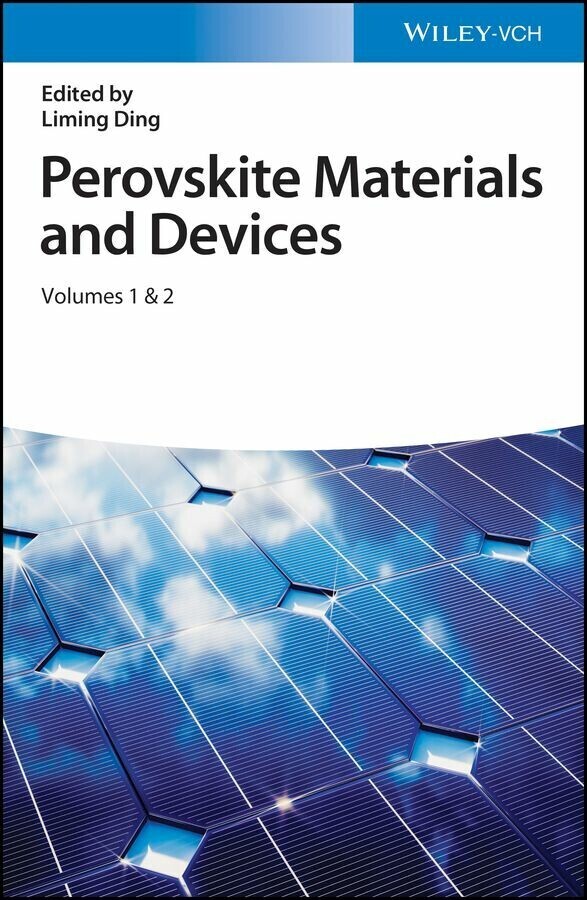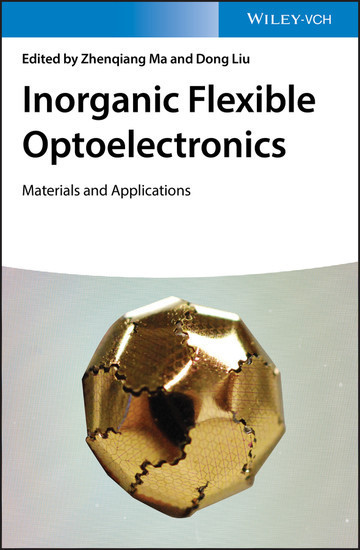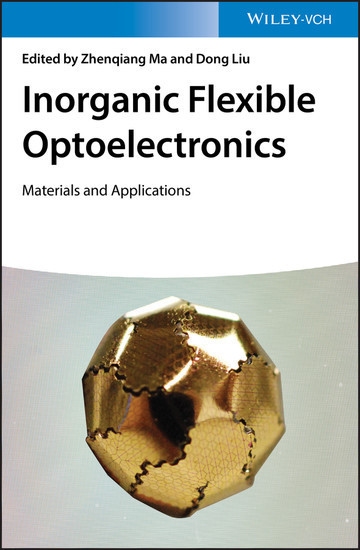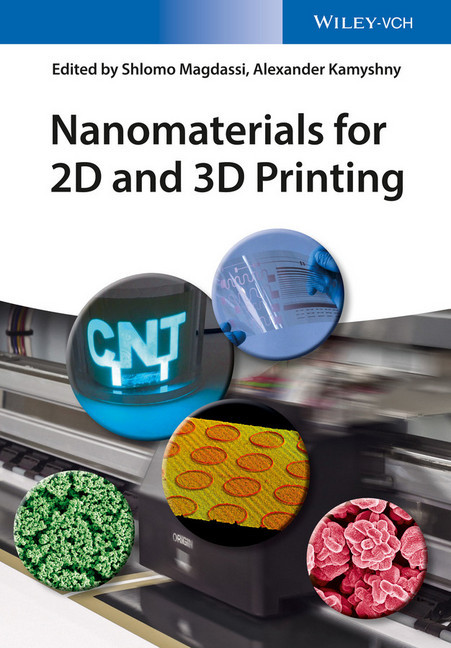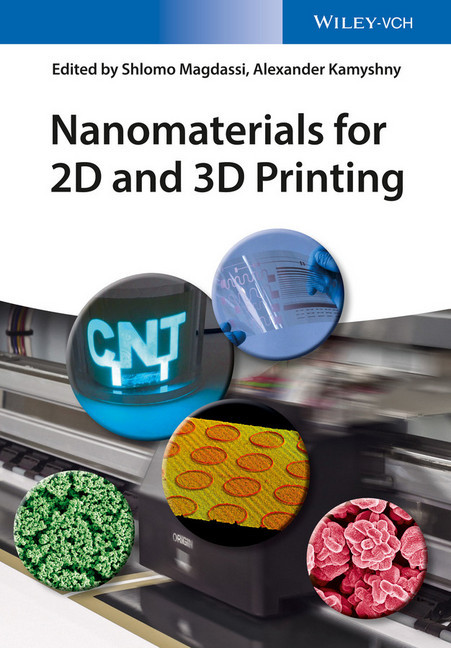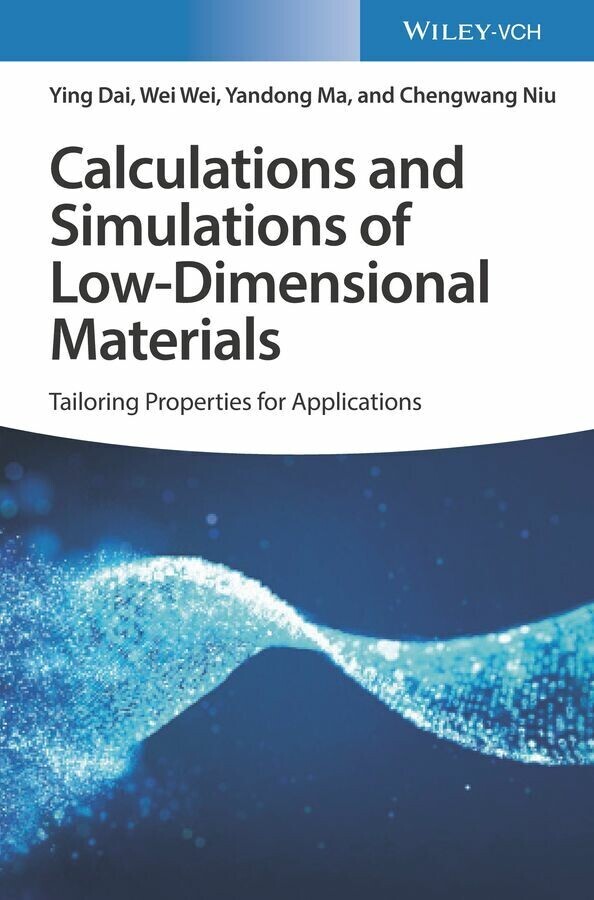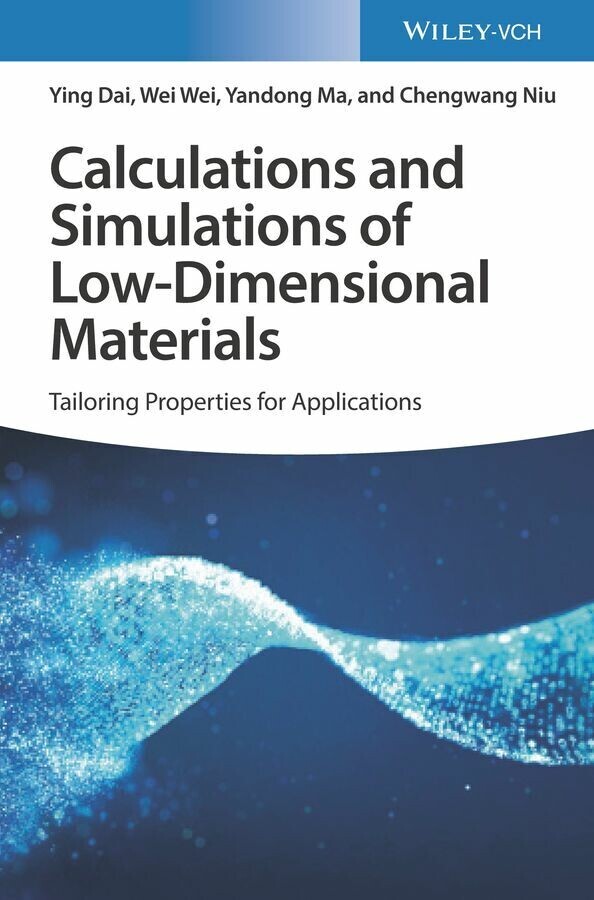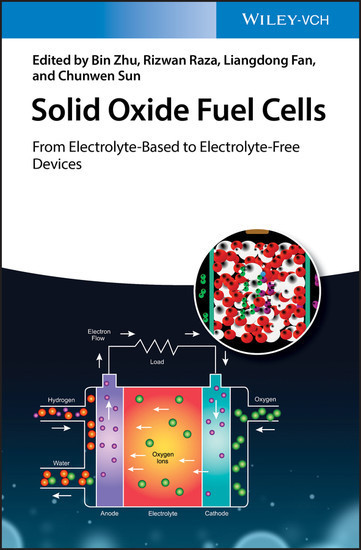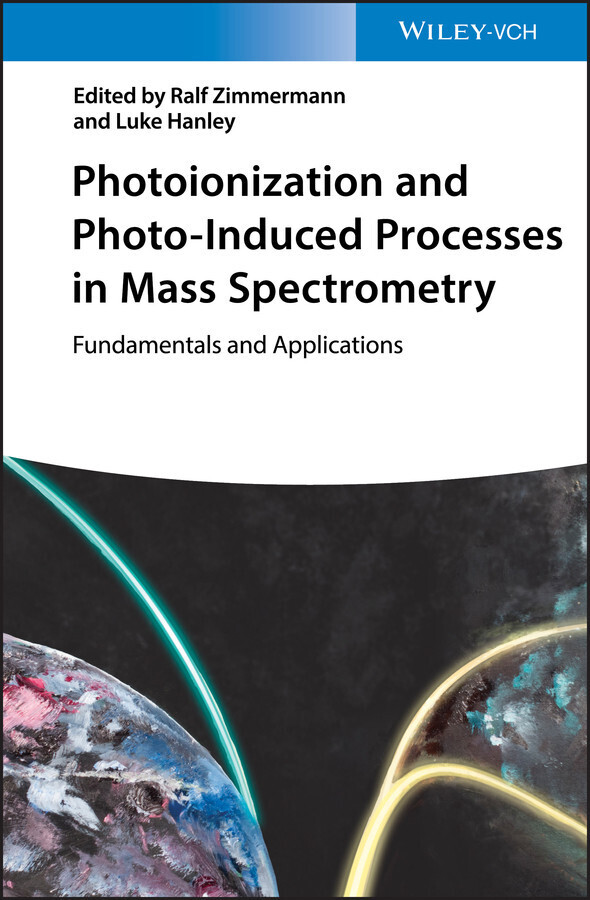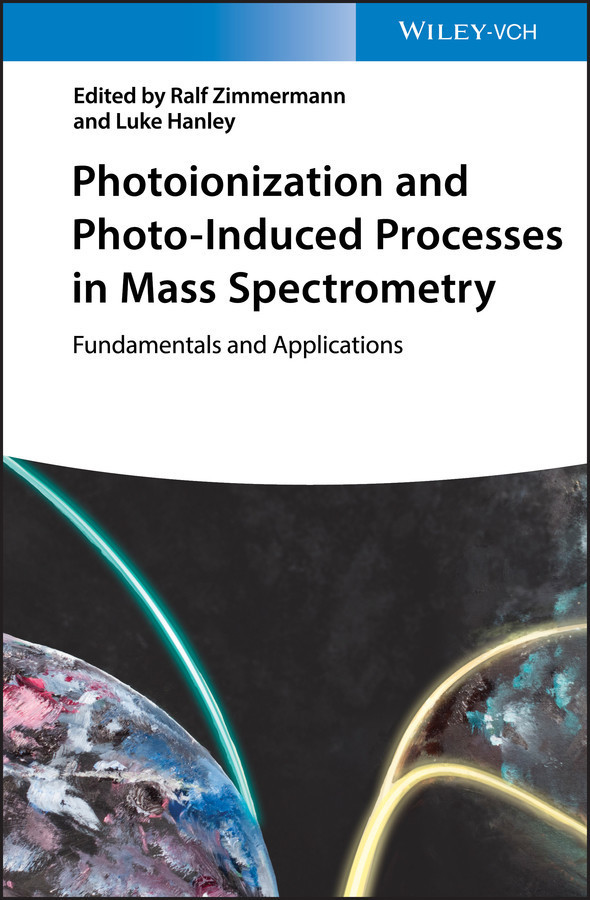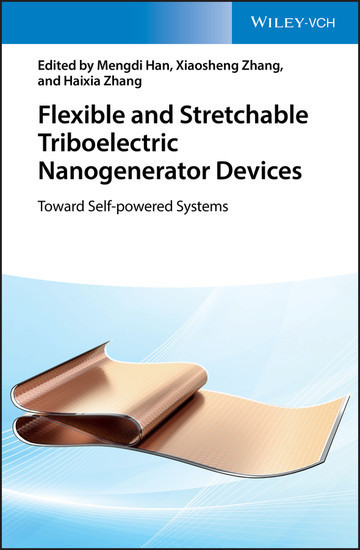Perovskite Materials and Devices, 2 Volumes
A comprehensive overview of the important scientific and technological advances in commercialization of this important mineral
Perovskite has held much interest for scientists and industrialists, as the mineral is abundantly available in nature. Due to the intriguing and unusual physical properties of perovskite materials-the high-absorption coefficient, low exciton-binding energy, and high dielectric constant, for example-there has been substantial focus on perovskite's potential in applications. In particular, they have been of great use in sensors and catalyst electrodes, certain types of fuel cells, solar cells, lasers, memory devices, and spintronics, and as a result hold exciting opportunities for physicists, chemists, and material scientists alike.
Perovskite Materials and Devices comprehensively covers all the milestone work in perovskites research, systematically introducing the properties, methods, and technologies associated with the mineral from fundamentals to promising applications to commercialization issues. The book focuses on traditional and novel electronic operations, such as solar cells, LEDs, lasing, photodetectors, X-ray detectors, transistors, and more. It also investigates ways to make the use of such materials more environmentally friendly, which in turn can make perovskite minerals more commercially viable.
Perovskite Materials and Devices readers will also find
- Summaries of the latest state-of-the-art developments and technologies, such as perovskite nanocrystals and novel electronic devices
- Detailed discussion of organic/inorganic hybrid perovskites, all-inorganic perovskite CsPbX3, and lead-free halide perovskites
- Investigation of the photovoltaic applications, namely single-crystal devices, tandem cells, integrated devices, semi-transparent devices, and flexible devices
- Description of large-area module fabrication and stability investigating
Perovskite Materials and Devices is a useful reference for materials scientists, solid state physicists and chemists, surface physicists and chemists, and electronic engineers. It is also an ideal resource for libraries that supply these fields.
Liming Ding, MS, PhD, is a full professor at the National Center for Nanoscience and Technology, China. He received his MS from Changchun Institute of Applied Chemistry and his PhD from the University of Science and Technology of China. His research focuses on optoelectronic materials and devices, organic solar cells, perovskite solar cells, and photodetectors. He holds 8 solar battery patents.
Ding, Liming
| ISBN | 9783527832538 |
|---|---|
| Artikelnummer | 9783527832538 |
| Medientyp | E-Book - PDF |
| Copyrightjahr | 2022 |
| Verlag | Wiley-VCH |
| Umfang | 704 Seiten |
| Sprache | Englisch |
| Kopierschutz | Adobe DRM |

